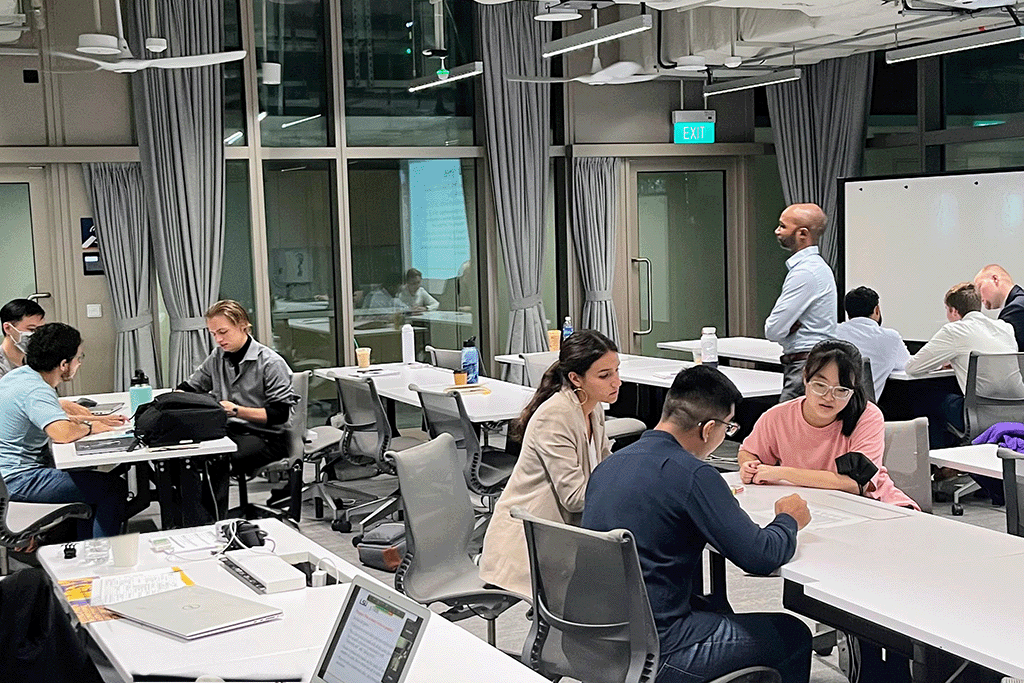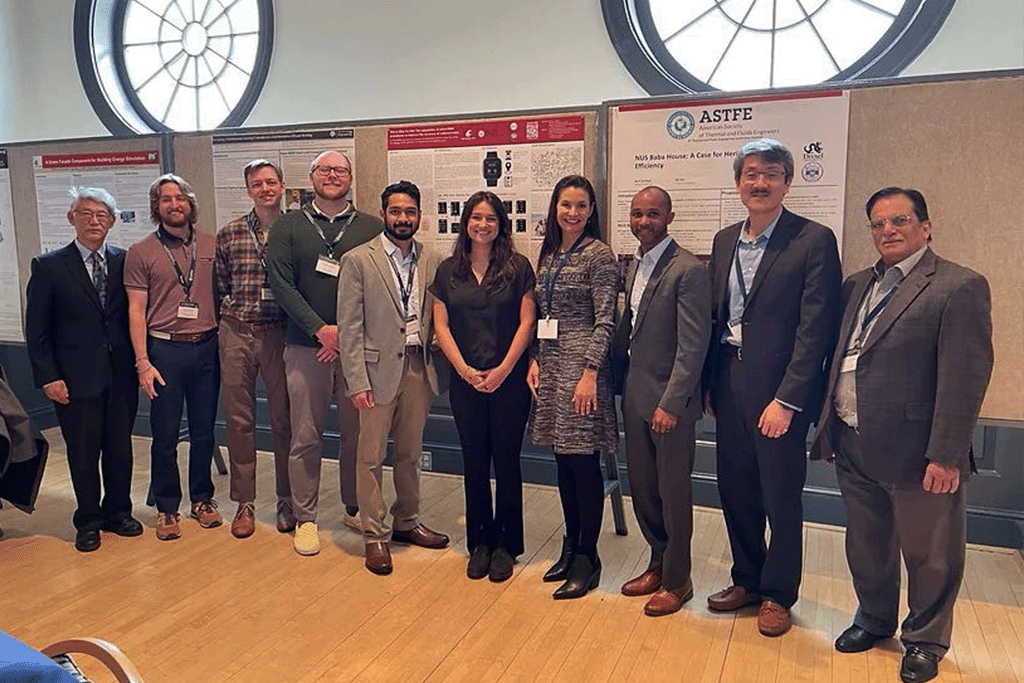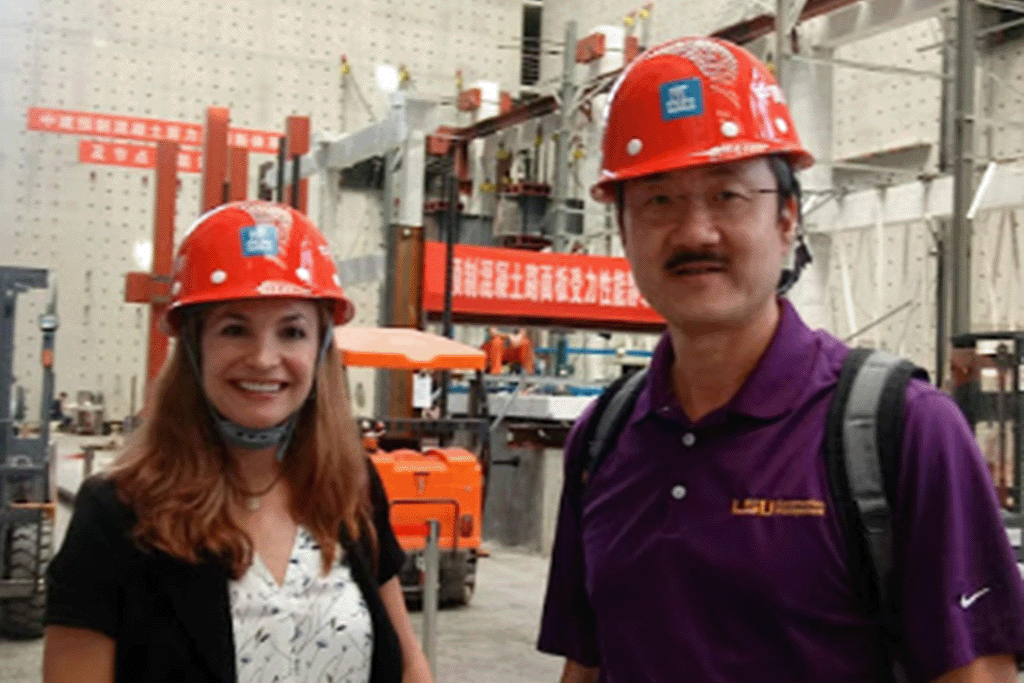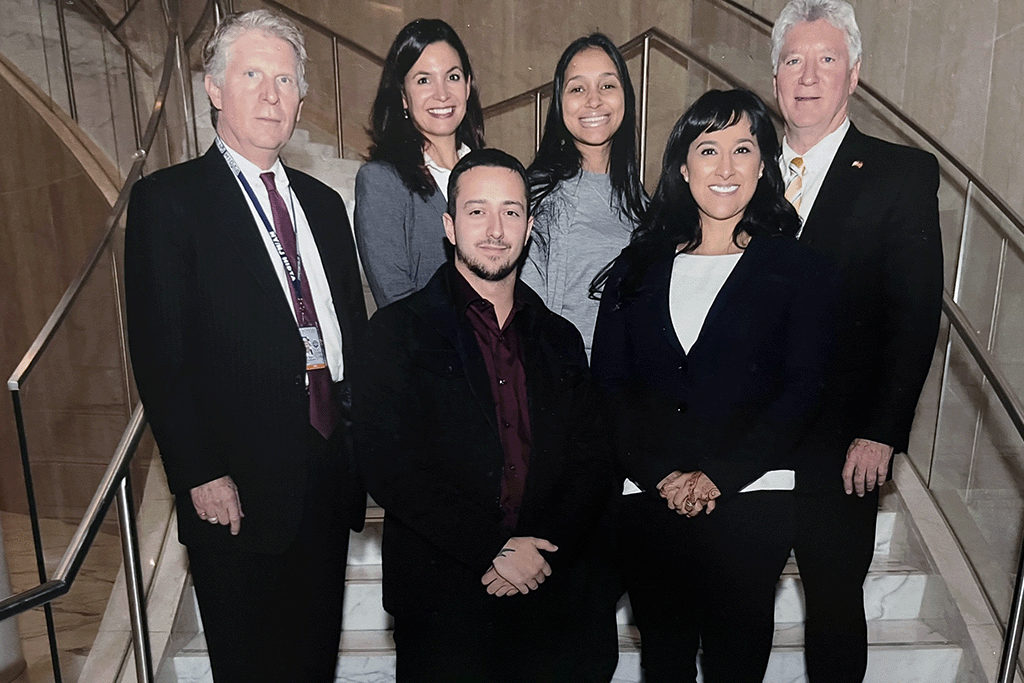Sponsored Research
Advancing HRD Excellence: Driving Progress Through Sponsored Research
Supporting research initiatives with leading faculty in the School of Leadership & Human Resource Development delivers significant value to both academia and industry.
Sponsored research enables faculty to conduct high-quality, applicable studies, generating valuable insights that refine Human Resource Development (HRD) principles and strategies. Additionally, industry-academic partnerships ensure that research findings translate into practical solutions, strengthening workforce development and optimizing organizational performance.
By investing in research with SLHRD faculty, organizations gain access to data-driven strategies, refined methodologies, and continuous advancements that enhance decision-making, operational efficiency, and long-term business success.
Over $25 Million
In Sponsored Research Funding
- Since 2018
50+ Investors
in SLHRD Research
Ongoing Sponsored Research
Oliver "Ozzie" Crocco, EdD - Assistant Professor
$99,869 - Summer Institute for Teachers & Curriculum Development
Most recently, Dr. Crocco and Dr. Erin Richard examined the effectiveness of a professional development workshop for 6th grade teachers at a new School of Environmental and Coastal Studies.
Tyree Mitchell, PhD - Associate Professor
$855,760 - Optimizing Offshore Worker Decision-Making
Tyree Mitchell, PhD, Associate Professor at SHLRD, and Changwon Son, PhD, CSP, Assistant Professor of Industrial, Manufacturing & Systems Engineering at Texas Tech University, will serve as co-principal investigators on a grant totaling $855,760 to conduct groundbreaking research. The project examines the challenges offshore workers encounter when implementing safety protocols by analyzing the influence of leadership and operational factors on their confidence in pausing work when encountering hazardous conditions.
$2,000,000 - International Research Experience & Professional Development in Built Environment Sustainability
Drs. Tracey Rizzuto & Tyree Mitchell serve as co-principal investigators on a 5-year grant. This program supports graduate students in disciplines (e.g., engineering, architecture) in completing a 9-month research initiative focused on built environment sustainability in international locations such as Hong Kong, Singapore, and Japan.
Participants complete a self-paced leadership training module before traveling, then spend four weeks conducting research and collaborating with industry mentors from the host country. After their research visit, students present their findings at an academic conference. The program emphasizes technical expertise, strategic decision-making, and global project collaboration.


Erin Richard, PhD - Associate Professor
$715,521 - Naval Air Warfare Center Training Systems Division
Dr. Richard, serving as co-principal investigator, and colleagues conducted a cognitive task analysis and mapped the coordination structure of a multi-team system of Naval warfighters toward the objective of improving training and performance measurement.
$5,000 - Educational Testing Service
Dr. Richard, as principal investigator, collaborated with faculty members and a research and development team from ETS to analyze the connections between executive functioning, self-regulation, and professional interaction skills.
Tracey Rizzuto, PhD - Professor
$4,500,000 - Improving Promotion & Tenure Processes
This grant aims to analyze factors influencing promotion and tenure decision-making processes and to develop strategies for improving consistency, objectivity, and transparency in faculty evaluations
$720,000 - Wearable Safety Sensing & Assistive Worker-Robot Collaboration for an Augmented Workforce
The objective of this research project is to develop wearable safety sensing technology and assistive robot-worker collaboration to enhance workplace efficiency and safety in construction. This initiative aims to improve worker retention and attract new talent to construction careers.
The researchers will also develop integrated research and education programs to expand student engagement in engineering and provide undergraduate students with hands-on research opportunities.
$818,156 - Learning from Social Network Systems to Predict Performance Behavior
The goal of this research is to examine how workplace and organizational interactions contribute to the development of new skills, productive mindsets, and collaborative behaviors. Additionally, the study explores how these network structures can mitigate behaviors that impact operational effectiveness and workplace safety.
$1,540,000 - Learning from Technological Systems to Predict Performance Behavior
The goal of this research is to explore how technological systems (e.g., immersive virtual tools, wearable devices, and enterprise resource platforms) can enhance workplace safety, operational efficiency, and sustainable design in built environments.

